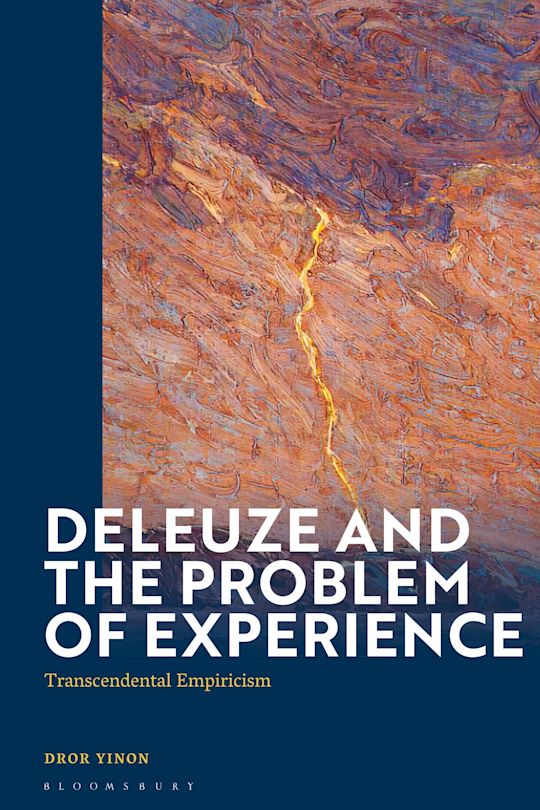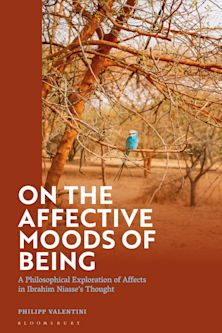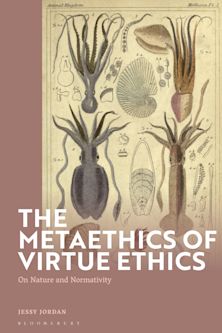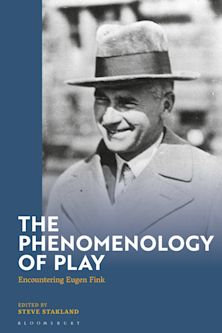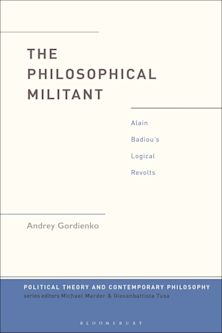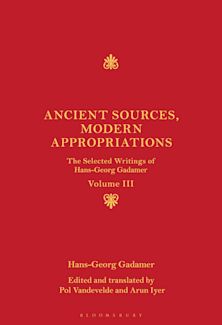Deleuze and the Problem of Experience
Transcendental Empiricism
Deleuze and the Problem of Experience
Transcendental Empiricism
This product is usually dispatched within 10-14 days
- Delivery and returns info
-
Free UK delivery on orders £30 or over
Description
This comprehensive reframing of Gilles Deleuze as a transcendental empiricist delves into his seminal Difference and Repetition to unearth a system that inverts the Kantian worldview. By focusing on Deleuze's theory of the faculties, we can see how he builds a transcendental system of thought that defies the predictability of empirical experience.
The place of experience in the way we understand our relation to the world, to others and to ourselves, is a central theme of modern philosophy. Deleuze's transcendental empiricism points to an unexplored direction in this major philosophical preoccupation. It is a road not taken that, against the tide of his times, rejected the possibility of an immediate contact with being and embraced the possibility of reaching a 'real' that lay beneath many layers of mediation. Unlike many of his contemporaries, Deleuze neither subscribed to a specific philosophical school nor did he try to establish one. This new understanding of him as a transcendental empiricist not only helps to situate his work in the constellation of twentieth century French philosophers but also helps us to understand a philosopher for whom difference and heterogeneity were central to his own philosophical corpus.
Table of Contents
2. In Search of the Lost Transcendental
3. Repeat Differently, Differentiate Repeatedly
4. The Birth of Subjectivity out of Temporality
5. To Have Done with the System of Faculties
6. Conclusion: The Cinnabar, The Self and the Transcendental
Product details

| Published | 21 Aug 2025 |
|---|---|
| Format | Hardback |
| Edition | 1st |
| Extent | 272 |
| ISBN | 9781350450608 |
| Imprint | Bloomsbury Academic |
| Illustrations | 10 bw illus |
| Dimensions | 234 x 156 mm |
| Publisher | Bloomsbury Publishing |
Reviews

ONLINE RESOURCES
Bloomsbury Collections
This book is available on Bloomsbury Collections where your library has access.









